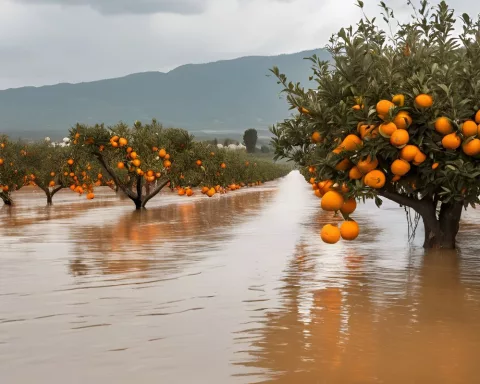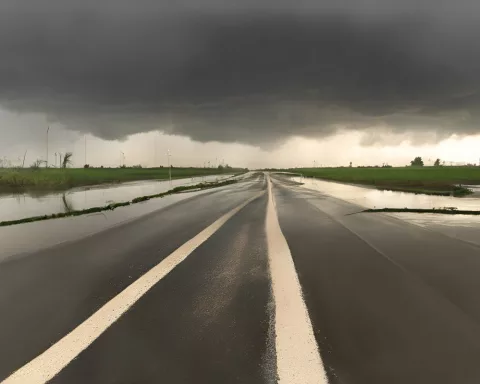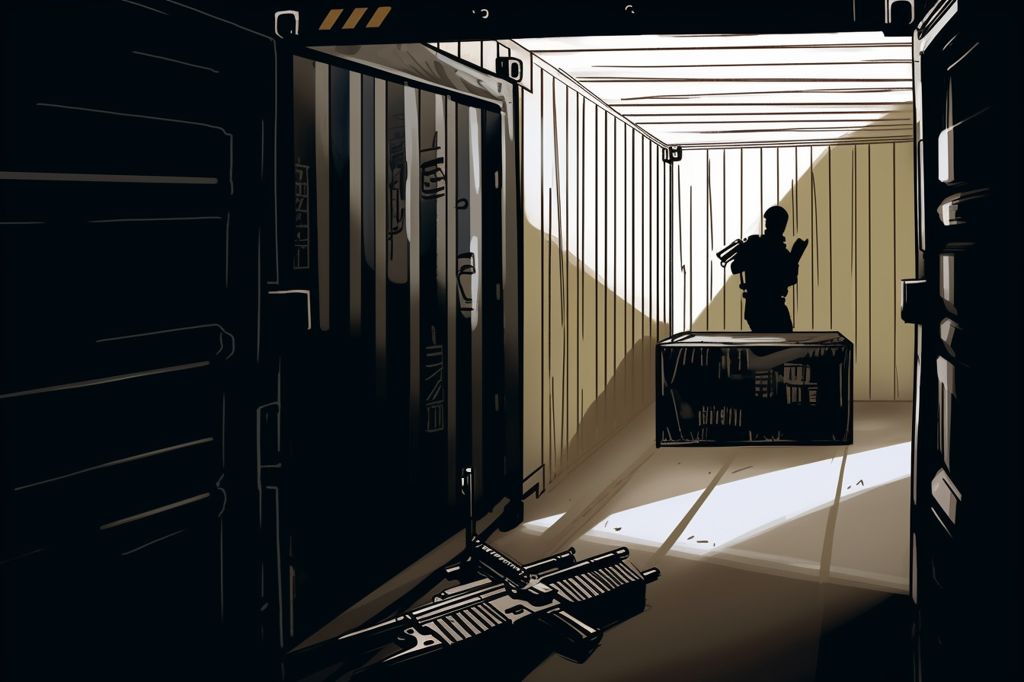The Western Cape Government has made significant strides in reducing bureaucratic red tape, resulting in a notable impact on the province’s economy. The Department of Economic Development and Tourism’s Red Tape Reduction Unit (RTRU) has been instrumental in implementing these initiatives, providing businesses with considerable financial savings and improving the ease of doing business.
Red Tape Reduction Results in Impressive Savings
From May 2019 to September 2022, the Western Cape Government’s red tape reduction measures led to R1.85 billion in savings, according to Mireille Wenger, Minister of Finance and Economic Opportunities.
Positive Impact on Job Creation
The focus on simplifying business processes has already yielded positive results, including the creation of 62,000 new jobs during the first quarter of 2023, as revealed by the Quarterly Labour Force Survey. The Western Cape’s goal is to become the easiest place to conduct business in South Africa and stimulate economic growth by eliminating barriers.
RTRU Highly Effective in Resolving Cases
The Red Tape Reduction Case Management System recorded 519 cases during the 2022/2023 financial year, with an impressive resolution rate of 93%. Businesses that logged cases on the system reported an 80% satisfaction rate, signifying the RTRU’s success in making it easier to do business in the province.
Focus Areas of the RTRU
The Red Tape Reduction Unit focuses on providing an efficient Business e-Helpmail Support service, identifying legislation and regulatory processes that could obstruct business growth, promoting a business-friendly culture, and designing interventions based on trend analysis reporting.
Commitment to Continued Collaboration
Minister Wenger expressed gratitude to the RTRU officials for their efforts and committed to continuing collaboration with government bodies, the private sector, and stakeholders to remove any obstacles that could hinder economic growth and job creation in the Western Cape.
Valuable Resources Available
For those seeking more information or assistance with red tape issues, the Western Cape Red Tape Reduction website and the dedicated email address redtape@westerncape.gov.za offer valuable resources.
Ongoing Positive Impact Expected
The Western Cape’s ongoing efforts to reduce red tape and streamline business processes are expected to continue positively impacting the provincial economy, fostering growth, and creating job opportunities for its residents.












